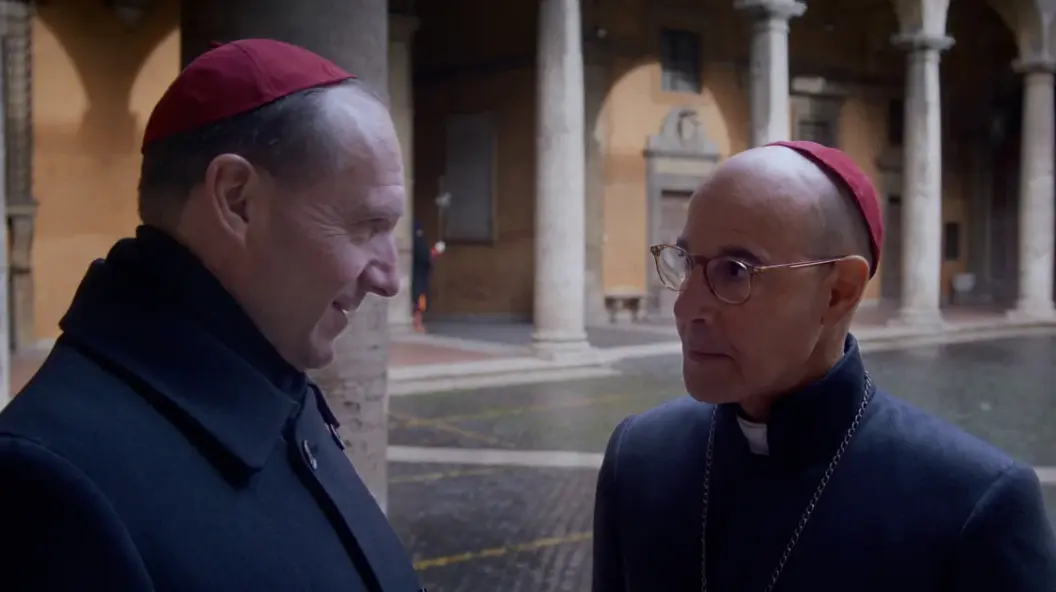HBO’s Succession has captivated audiences with its gripping portrayal of power, wealth, and family dysfunction. The series follows the Roy family, a media dynasty navigating business, politics, and personal drama in a high-stakes game of succession. While the show is a work of fiction, many fans and critics have speculated about the real-world inspirations that shaped its characters and narrative. Let’s dive into the parallels between Succession and the world’s most powerful families in media and business.
The Roy Family: A Fictional Empire Rooted in Reality
At the heart of Succession is the Roy family, led by patriarch Logan Roy, whose media conglomerate Waystar Royco wields immense influence. The family’s power struggles, rivalries, and alliances mirror the dynamics of several real-world dynasties.
1. The Murdochs: A Media Dynasty
The most common comparison is between the Roys and the Murdochs, the family behind the global media empire News Corp. Rupert Murdoch, the patriarch of the Murdoch family, has long been a dominant figure in the media industry, much like Logan Roy in Succession.
- Business Parallels: Waystar Royco’s sprawling empire, which includes news networks, theme parks, and digital media, closely resembles the Murdochs’ diverse portfolio.
- Family Dynamics: Rupert Murdoch’s children—Lachlan, James, Elisabeth, and Prudence—have been involved in his business to varying degrees, sparking speculation about succession plans and power struggles. These dynamics mirror the Roy siblings’ vying for Logan’s favor.
2. The Redstones: ViacomCBS and Family Turmoil
Another family often cited as an inspiration is the Redstone family, which controlled media giants Viacom and CBS. The late Sumner Redstone, much like Logan Roy, was known for his domineering personality and complex relationships with his children.
- Legal Battles: The Redstone family faced highly publicized legal disputes over control of their media assets, reflecting the contentious negotiations and alliances depicted in Succession.
- Aging Patriarch: Sumner Redstone’s health and leadership became focal points of controversy, echoing Logan Roy’s struggles with aging and maintaining authority.
3. The Trumps: Power, Ego, and Influence
While Succession is primarily a story about the media industry, its themes of power and ambition also draw comparisons to the Trump family.
- Children’s Ambitions: The dynamic between Logan Roy’s children—Kendall, Shiv, Roman, and Connor—has parallels to the relationships among Donald Trump’s children, particularly their efforts to prove themselves within their father’s empire.
- Public Persona: Logan’s larger-than-life persona and relentless pursuit of power share traits with Donald Trump’s public and private image.
The Themes Driving Succession
Beyond specific families, Succession explores universal themes of power, ambition, and loyalty that resonate across industries. Its characters are archetypes of leadership struggles, family dysfunction, and corporate greed:
- The Ruthless Patriarch: Logan Roy’s character is a study in authoritarian leadership and its consequences, reflecting traits seen in figures across business dynasties.
- Sibling Rivalries: The Roy siblings’ infighting captures the complexities of familial relationships in the shadow of immense power.
- Corporate Intrigue: The show’s depiction of mergers, acquisitions, and boardroom maneuvering adds depth to its narrative, providing a lens into the high-stakes world of global business.
Jesse Armstrong’s Creative Process
The creator of Succession, Jesse Armstrong, has drawn from a variety of sources to shape the series. In interviews, Armstrong has acknowledged observing the dynamics of powerful families, though he emphasizes that the show is not a direct depiction of any single family.
- Fiction Meets Reality: Armstrong’s ability to weave real-world influences with fictional storytelling makes Succession feel authentic and relatable.
- Cultural Commentary: By blending elements from multiple families and industries, Succession offers a critique of modern capitalism and the moral compromises made in pursuit of power.
The Legacy of Succession
As Succession continues to captivate viewers, its exploration of family, power, and legacy raises enduring questions about the cost of ambition. While the show is inspired by real-world dynamics, its storytelling transcends specific families, offering a broader reflection on human nature and the structures that shape society.
By examining the roots of the Roy family, audiences gain insight into how fiction can mirror reality—and how real-world power struggles fuel the imagination of creators like Jesse Armstrong.
by Natalie Jarvey







